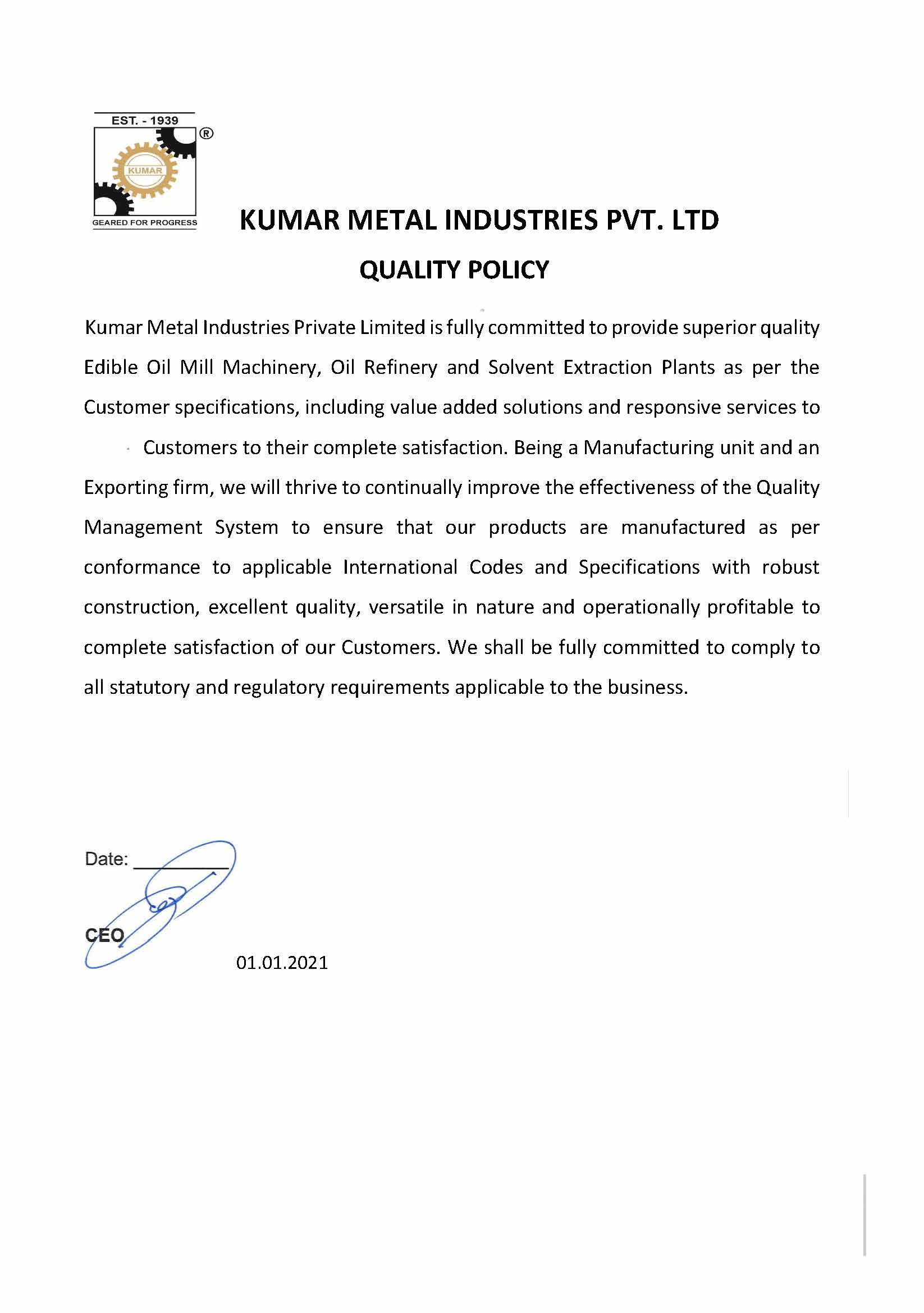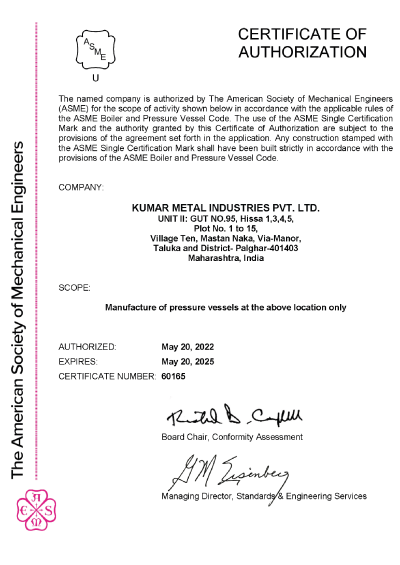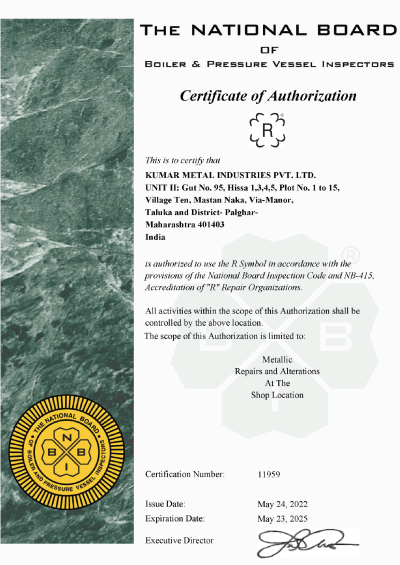Value Added Products

The processing of byproducts obtained during refining offers processors much additional value, mainly through a positive impact on the bottom line. For instance,
- Wet gums obtained from water degumming of various oils can be converted into dried lecithin, which is used as an emulsifier in food industries.
- Soap stock from neutralization is split into fatty acid known as acid oil, a raw material in detergent and biodiesel production.
- Fatty acid distillate obtained from deodorization is a raw material in the oleochemicals industry.
- Oil recovered from wax oil separated during dewaxing reduces oil losses.
Kumar offers several custom solutions to convert refinery byproducts into value-added products that boost revenues and minimise waste.
Wax oil separated during dewaxing of vegetable oils consists of a significant amount of oil. Oil from wax is recovered by crystallization and followed by the filtration of oil from wax. Recovered oil is further processed to obtain refined oil, thus increasing the yield of refined oil and minimising losses.
Application: Wax oil is obtained from the dewaxing of rice bran oil.
Spent bleaching earth is usually discarded in landfills. But, the high cost of the disposal and increasingly stringent environmental norms is making it necessary to find uses for the material. Hence processors are going with the option of recovery of oil from spent earth by solvent extraction method. Recovered oil is used in various non-food industrial applications.
The process of esterification of fatty acids and glycerine is known as glycerolysis. Optimum reaction parameters like temperature, suction pressure give a higher yield of triglycerides in a shorter time period.
The glycerolysis section consists of multiple reactors, glycerine vapour and fatty acid vapour scrubbing systems and a heat recovery unit.
The reaction is carried out at high temperature under vacuum. The equilibrium is shifted towards triglycerides with the continuous removal of water. This process is used significantly in the pre-treatment of raw materials used in biodiesel production and industrial applications.
Fatty acid Distillation is a process of distillation of fatty acid under vacuum and high temperature to produce distilled fatty acids. The distillation column consists of structured packing to fractionate heavy and light phase. After distillation, the bottom residue i.e. pitch is sent to storage.
Application: Fatty acid distillation is used for removing odoriferous components as well as unconverted mono-, di- and triglycerides.
Lecithin is a generic term used for yellow-brownish fatty components in plants and composed of choline, phosphoric acid and esters of glycerol - a mixture of phosphatidylcholine, phosphatidylethanolamine and phosphatidylinositol.
Lecithin, a mixture of phospholipids is in special demand due to its amphiphilic nature, i.e. it dissolves in both polar as well as non-polar compounds. Lecithin is an excellent emulsifier and is popular with food processors in various applications.
Commercial sources of vegetable lecithin are soy, sunflower, rice bran and rapeseed. Food grade lecithin can be prepared from vegetable oils.
Wet gums separated during degumming are used for lecithin production which offers oil processors additional value. During the drying process, wet gums are fed to the lecithin dryer and moisture is evaporated from the lecithin under controlled temperature and suction pressure to avoid scorching of gums. Dried lecithin is then cooled off and sent to storage.
Application: Lecithin drying is used for gums obtained from water degumming and enzymatic degumming.
Soap stock generated from the neutralization of free fatty acids during alkali refining is converted into a value added product i.e. acid oil by splitting. Sulfuric acid is used for the splitting of soap stock, after which acid oil is separated from the acid water by density difference. Acid oil obtained from the refinery as a byproduct can be used in a variety of applications in the soap industry as well as a raw material in biodiesel production.
Application: Acidulation is used for soap stock obtained from alkali refining of oils.
The Kumar Guarantee
Our innovative engineering solutions and superior manufacturing standards help you optimise operating costs and improve efficiency. We dedicate ourselves to every project we take on to ensure a successful outcome for your company. We've delivered over 700 projects to over 500 customers in more than 65 countries. Let us help you deliver your next one successfully.









